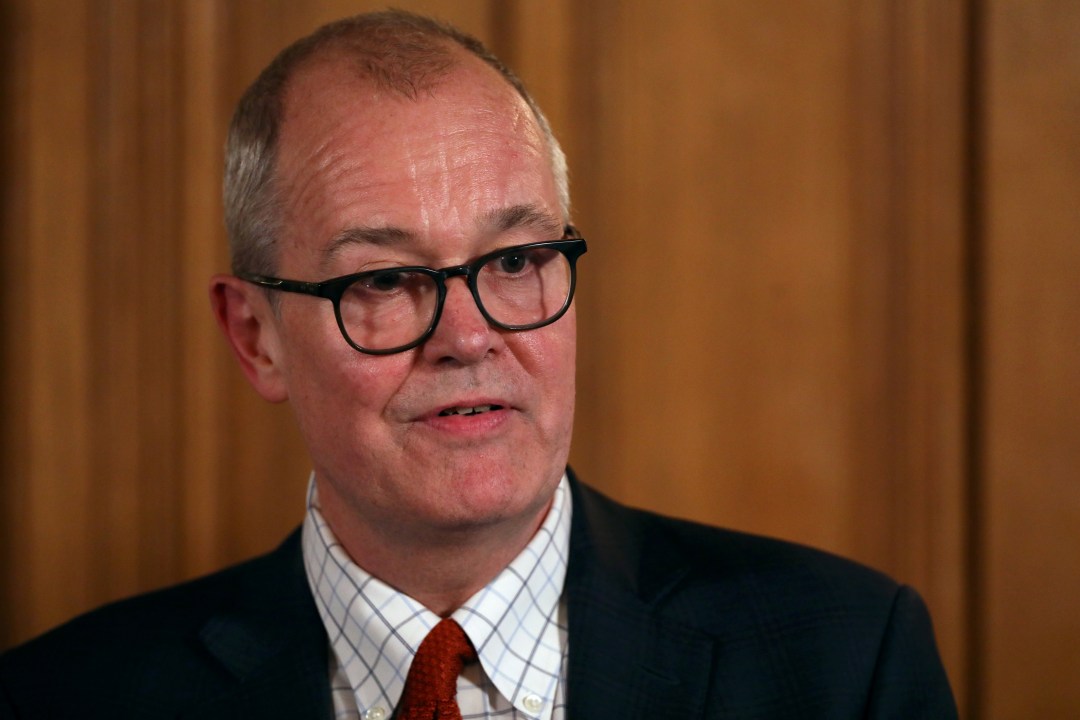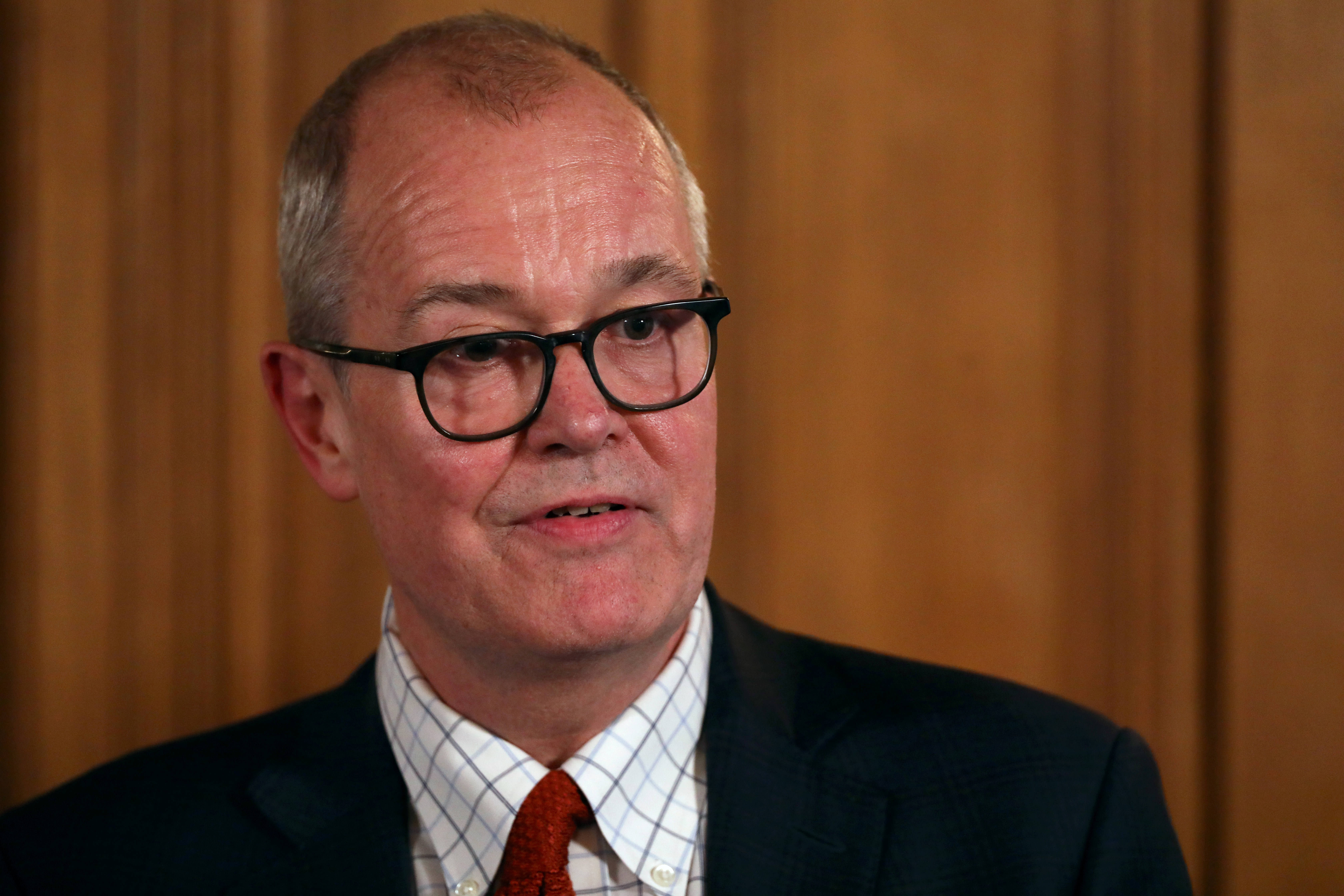When we look at all of the interventions, we looked at the ones that had the biggest impact first. School closures is definitely a bit lower down the list than some of the ones that we’ve announced. That doesn’t mean it doesn’t do anything, it would have an effect.
But it has all sorts of complicated effects as well, including potentially leading to children being with grandparents and so on. And, of course, also causing an enormous problem, not just for the workforce generally, but for the workforce in the NHS as well. So it’s a complicated one and all I can do is give this sort of scientific advice on that.
In terms of the effect, I think as you look across the world, for example, Singapore hasn’t closed schools, it’s introduced some different measures in schools. Taiwan, I think, didn’t close schools in managing this pandemic. So there’s been a variability across the world in terms of school closures and whether that’s been part of the approach or not.
It’s absolutely on the table, as are the whole suite of measures. The evidence base is there to suggest where it might work and where it doesn’t work. And decisions will, I’m sure, be made at the time they need to be made around school closures, which is one of the levers to pull to try to get on top of this at the right time. But as I say it’s not without quite complex consequences.
This is an edited transcript of part of the evidence the chief scientific adviser Sir Patrick Vallance gave to the health and care select committee on Tuesday afternoon.







Comments